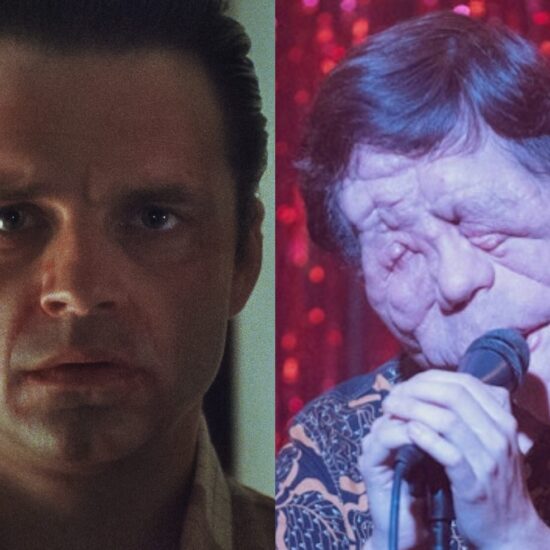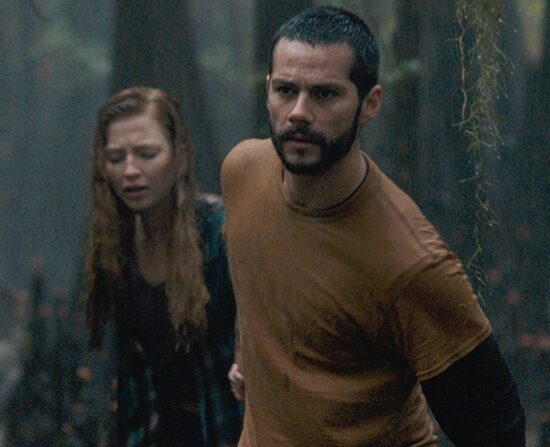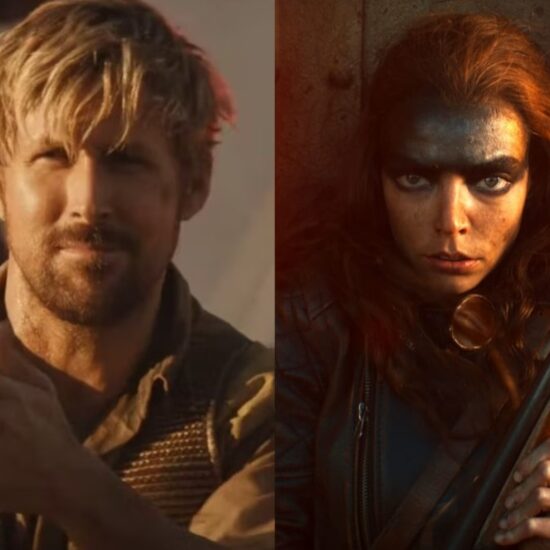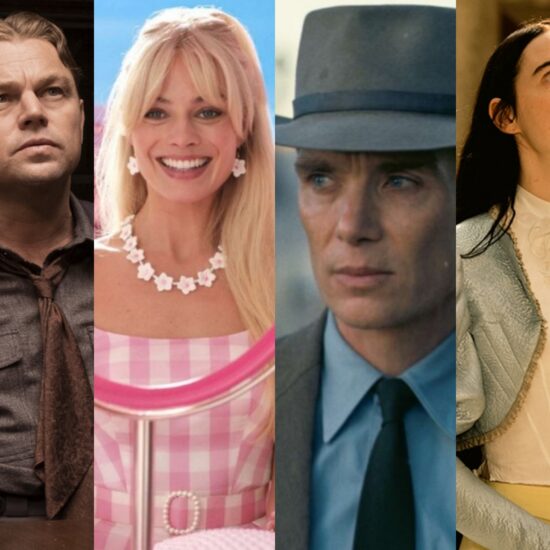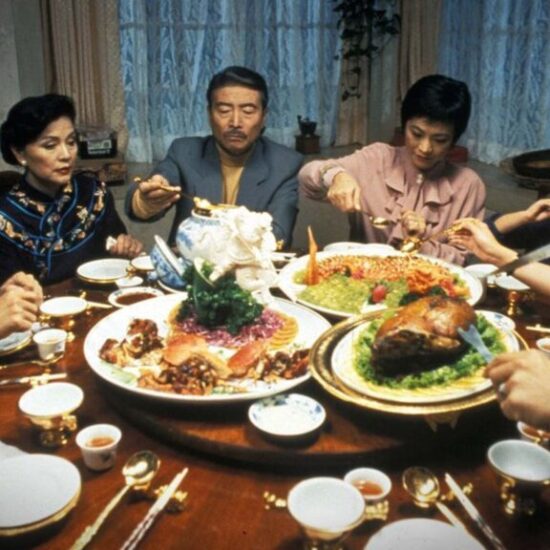
Beyond a mark of celebration and acceptance, Pride Month is a time of reflection, acknowledgement and action. As we build a future of inclusivity and love, it is important to look back and know our roots. After all, pride isn’t just about where we’re going, but where we’ve been.
Queer theory and the history of gender identity are deeply complex, and as part of our celebration of the culture, and the recognition of the experiences, of the queer community, we would like to share some pieces of queer cinema that are vital to the exploration of queerness and it’s political and societal evolution.
Take a look at some of these must-watch LGBTQIA+ films and how they each represent one of the many facets of the community.
Moonlight (2016)
Barry Jenkin’s Oscar winning drama follows a gay African American man across three periods of his troubled life: his childhood where he is known as ‘Little,’ his adolescence where he is known as Chiron and his adult life where he is known as ‘Black.’ Moonlight is particularly impressive in how it balances themes of both homosexuality and race.
Carol (2015)
Based on the novel ‘The Price of Salt,’ Todd Haynes’ evocative romance stars Cate Blanchett and Rooney Mara as they engage in a budding romance that sees them suffer heart break, pain and agony.
Paloma (2022)
Paloma (Kika Sena) seems to have it all: loving boyfriend Zé (Ridson Reis), a daughter from her previous relationship and a good job as a fruit picker in the Brazilian countryside. However, one thing is constantly on her mind – she wants to get married in a church. When the local priest tells her it is unlawful to marry as a transgender woman, Paloma resorts to writing to the Pope. Despite mounting societal disapproval, her determination will not wane until she can finally say “I do”.
Paloma premiered at Raindance in 2022 and was nominated for Best Performance, Best Screenplay and Best Director.
Blue (1993)
Final film from gay British director Derek Jarman, Blue entirely consists of a single still image of the colour blue with a series of narrations over it. This extremely unique approach was done to emulate the living situation of Jarman himself, who due to his AIDS diagnosis was rendered partially blind and could only see in shades of blue. It is through Blue’s tackling of the subject of AIDS that makes it perfectly encapsulate the 1990s New Queer Cinema movement.
Paris is Burning (1990)
Paris is Burning is an observational documentary from Jennie Livingston and is set to the backdrop of the 1980s New York drag scene. Both informative and thought provoking, Paris is Burning shines a light on an often overlooked sub culture in modern society.
*While an important documentation of Black and Latino queer and ballroom culture, it is worth noting that Paris is Burning has been criticised for depicting the ritual of the balls as a spectacle to “pleasure” white spectators.
The Watermelon Woman (1996)
Another example of the 90s New Queer Cinema movement, The Watermelon Woman is directed by and stars Cheryl Dunye as an African American lesbian woman who sets out to make a documentary about an unknown black actress from the 1930s. Mirroring the quest of Dunye’s character herself, The Watermelon Woman seeks to both celebrate and reshape the overlooked history of black/homosexual figures in Hollywood.
The Queen (1968)
This documentary takes a look at the behind-the-scenes of a national drag queen contest in New York City, including the rehearsals leading up to the contest, the conversations in the dressing room and the distinct drag subculture.
My Own Private Idaho (1991)
Loosely based on the Shakespeare plays Henry IV parts 1 and 2 and Henry V, Gus Van Sant’s My Own Private Idaho follows River Phoenix’s Mike and Keanu Reeves’ Scott. They act as the heads of a band of merry male prostitutes, with their queer sexual exploits casting them almost as contemporary outlaws. The film touches on and contrasts a variety of different male to male relationship dynamics, such as transactional sex, friendship, unrequited love and father – son.
Philadelphia (1993)
Denzel Washington and Tom Hanks star in this legal drama about a lawyer (Hanks) who hires Washington to sue his former employers for wrongful termination on account of his HIV/AIDS diagnosis. Earning a Best Actor Oscar for Hanks and a Best Screenplay nomination, Philadelphia has been heralded as one of the most important movies of its period and a definitive statement on the AIDS crisis.
Portrait of a Lady on Fire (2019)
Set in the 18th Century, Portrait of a Lady on Fire tells a terrific lesbian love story about an artist commissioned to do a portrait of a noblewoman but who unwittingly falls in love with her. Playing on the viewer’s emotions throughout, Portrait of a Lady on Fire manages to culminate in an extremely powerful ending that will leave the audience heartbroken for months after leaving the cinema.
Raindance promotes and supports independent filmmaking and filmmakers.
From new and emerging to industry pros, Raindance connects, trains, supports, and promotes visual storytellers through every step of their career.
The Raindance Film Festival runs each Autumn in London’s Leicester Square.
Raindance has been delivering film training since 1992. A wide range of Open Classes to a 2 year HND Level 5 BTEC in Moving Images to a Postgraduate Film Degree are delivered to students on five continents, both in person and online.









